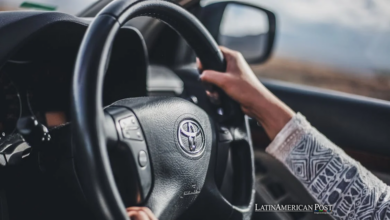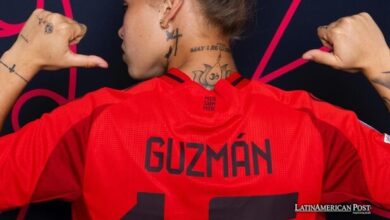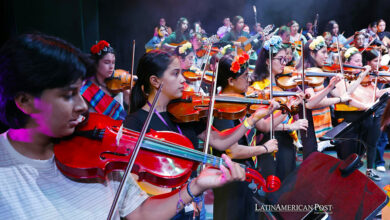The Opportunities of Microcredit for Women’s Entrepreneurship
According to the UN Women's Economic Empowerment report, despite being "good payers," women's entrepreneurship has less access to financial institutions' products and formal savings mechanisms. In 2022, 55% of men and 47% of women have a savings account. This disparity is greater in low-middle-income economies.

The Woman Post | Ayda María Martínez Ipuz
Escucha este artículo
Read more content like this at: thewomanpost.com
In Latin America, providing access to resources for women's entrepreneurship is an opportunity to create positive social and economic impacts, according to the MSME Finance Gap report (2017). It is estimated that a total of $93 billion could be made available to women-owned businesses in the region. Women tend to save more than men, providing banks with a reliable source of liquidity.
However, options are limited for small and medium-sized enterprises (SMEs) owned by Latin American women. According to the World Bank, 70% of financing applications made by women entrepreneurs in developing countries are rejected.
For María Clara Hoyos, Executive President of Asomicrofinanzas, microcredit, with amounts close to $3,000, contributes to family stability and poverty alleviation. "When a woman is economically empowered, the reduction in domestic violence is evident because as women gain economic independence, their self-esteem automatically increases."
Colombia is an example in this regard. As of March 2023, of all microfinance clients in the country, 52.1% are women, accounting for nearly 1.5 million users, with over 164,543 being heads of households.
You can also read IFC Program of The World Bank, "Sourcing2Equal" Arrives To Latin America
Sandra Castro, a single mother from Cauca, has been the head of her family for over 23 years. She received her first loan, which she used to start a jeans business, and later decided to venture into a bakery. "Thanks to Mundo Mujer, I paid for my son's university education, and he is about to graduate as a certified public accountant. I am grateful for having been supported by them just for being a woman and head of household. I didn't have a house to secure a loan, but they trusted me based on my effort and work."
Cases like these are encouraged throughout the region. For example, the entities of the BBVA Women's Foundation, which operates in Colombia, Peru, the Dominican Republic, Chile, and Panama, have disbursed over $16.5 billion to 5 million entrepreneurs in 15 years. 59% of these beneficiaries are vulnerable women.
The UN estimates that when a woman earns a dollar, she spends 70% on her family, a proportion that drops to 30% for men. This is what led Muhammad Yunus to promote economic support for the poorest women in the late 1970s, an initiative whose spectacular results earned him the Nobel Peace Prize in 2006. This model continues to be replicated in the region, although more progress is needed to complete its positive impact.




